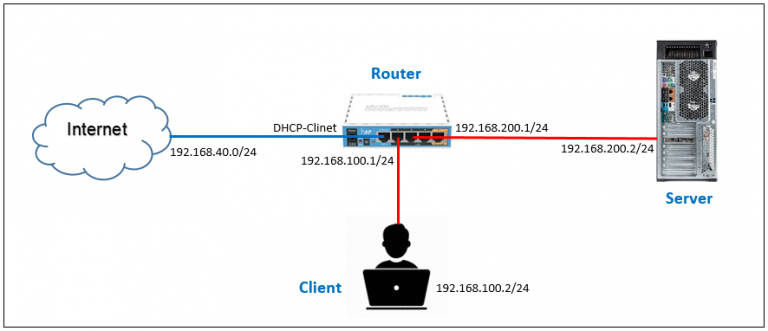Understanding Proxy Servers Types And Benefits
An HTTP proxy is a type of server used in computer networks to transfer requests and data between clients and servers. When a client requests data from a server, the request is first sent to the proxy server, which then acts as an intermediary and relays the request to the server. Once the server responds, the proxy server then forwards the data back to the client. There are many benefits to using HTTP proxies, which we will explain in detail below.

Increased Security and Privacy
One of the primary benefits of using an HTTP proxy is increased security and privacy. By acting as an intermediary between clients and servers, HTTP proxies can effectively hide the IP address of the client requesting data. This can be particularly useful for individuals looking to browse the internet anonymously or for businesses looking to protect sensitive data.
HTTP proxies also offer the ability to filter and block certain types of content, such as malware or malicious websites. This can help prevent attacks on individuals or businesses and reduce the risk of data breaches.
Improved Performance
HTTP proxies can also improve performance by caching frequently accessed data. When a client requests data that has already been retrieved, the proxy server can simply return the cached data instead of fetching it from the server again. This can result in faster load times and reduced server load.
In addition, HTTP proxies can be used to balance server load by distributing data requests among multiple servers. This can help prevent server overload and improve overall performance.
Content Filtering and Access Control
HTTP proxies can also be used to filter content and control access to certain websites or resources. For example, businesses may restrict access to certain websites to prevent employees from wasting time or accessing inappropriate content. Similarly, schools may use HTTP proxies to filter out adult content and other inappropriate material.
Improved Network Management and Monitoring
HTTP proxies can also be useful for network management and monitoring. By routing all requests through a central proxy server, administrators can monitor and analyze traffic to identify potential security threats or performance issues. This can be particularly useful in enterprise environments where there are multiple users and servers that need to be managed.
In addition, HTTP proxies can be used to control bandwidth usage and reduce costs associated with data transfer. By limiting the amount of data transferred between clients and servers, businesses can reduce their overall bandwidth usage and save money on data transfer fees.
Conclusion
Overall, HTTP proxies offer a range of benefits for individuals and businesses alike. From increased security and privacy to improved performance and network management, HTTP proxies can be a valuable tool in any computer network. Whether you are looking to protect sensitive data, filter out unwanted content, or improve overall performance, an HTTP proxy may be the solution you need.




Post a Comment for "Understanding Proxy Servers Types And Benefits"